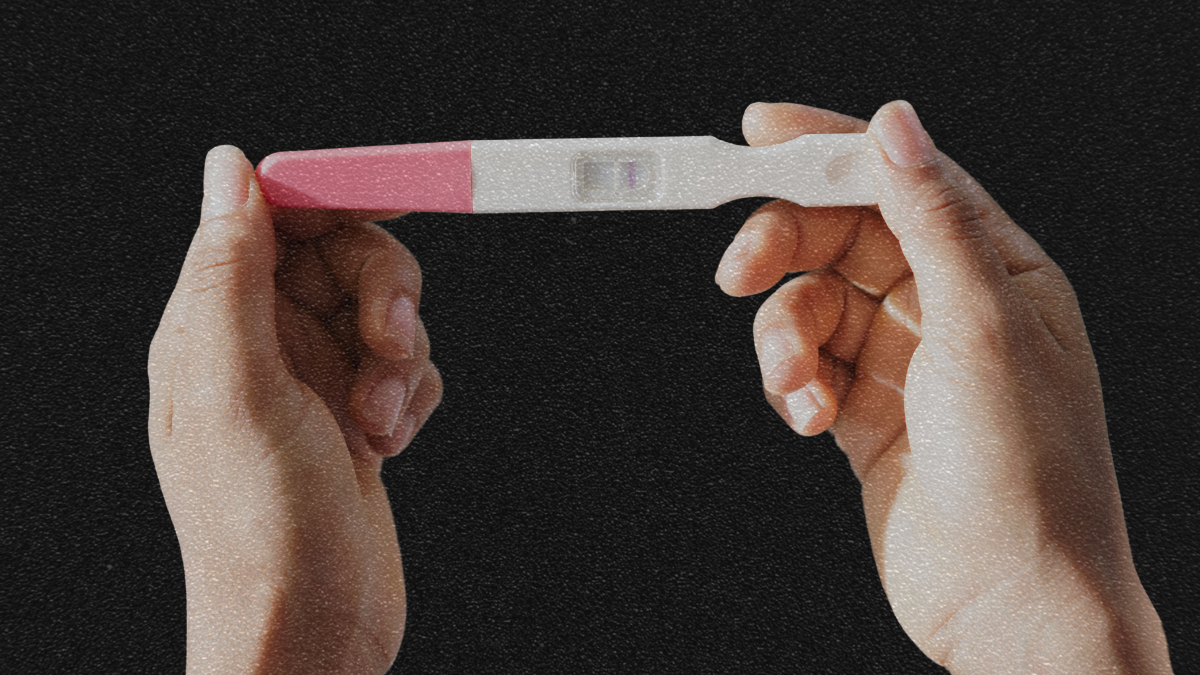Source: Carolina Public Press
Since 2013, the Republican-led North Carolina General Assembly (NCGA) has been directing taxpayer money to fund crisis pregnancy centers (CPCs). CPCs, which work to dissuade pregnant people from terminating their pregnancies, are notorious for lying to women about the safety and potential risks of abortion.
Funding for CPCs in North Carolina has increased exponentially in recent years. In 2013, the Carolina Pregnancy Care Fellowship (CPCF), a network of multiple crisis pregnancy centers across the state, received $300,000. That amount grew to roughly $6.2 million in the 2021 state budget. Now, in the most recent budget, that amount has doubled to a whopping $12.5 million over the next two fiscal years.
Despite the whopping sums, it’s not clear where this money goes or how many people it helps. “It really is not clear what benefit that the centers are having, particularly if they’re not seeing a lot of people and they certainly aren’t necessarily offering medical care,” said Pro-Choice N.C. Executive Director Tara Romano.
Democratic State Rep. Julie von Haefen has been monitoring the budget allotments to CPCs since she was elected in 2018. “Whether you’re for or against abortion, it’s just wasteful spending, and it’s just handouts without any oversight,” she said.
The recent state budget also allocates $3 million over the next two fiscal years to the Human Coalition, a Texas-based anti-abortion group. The group failed to meet grant reporting requirements in the past, and the N.C. Department of Health and Human Services (NCDHHS) recommended against further funding their program in North Carolina in 2019. Despite that, the Republican legislature decided to yet again direct funding toward the organization.
Furthermore, federal rules prohibit using government money for inherently religious activity, and yet, CPCs have been known to spend grant money on religious materials. In fact, NCDHHS found in 2018 that CPCF had misspent about $50,000 in public funding for religious purposes over five years. Despite this, CPCF received $12.5 million in funds in this budget.
“It just seems like leadership in the General Assembly doesn’t really care about women’s health care,” Romano said.





